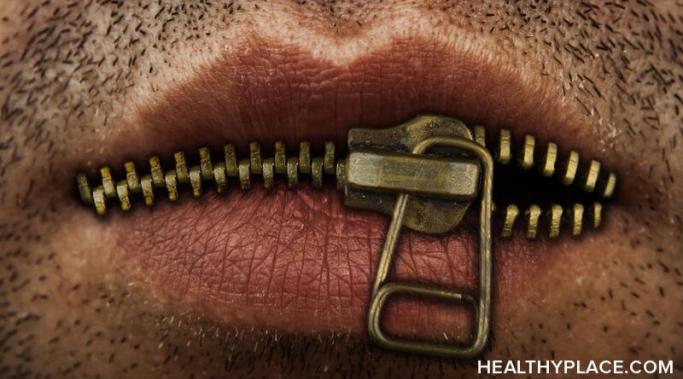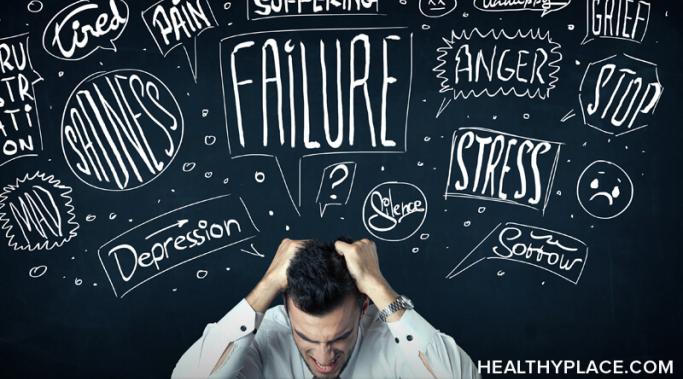Blogs
Conversations and awareness efforts for mental health and mental illness do talk about certain disorders, but there are still many mental health conditions we generally don't talk about that we need to destigmatize. Because there is this narrowness of conversation and the heavy stigma around many mental illnesses, there's some work to do when it comes to even approaching how we can tackle the stigma they face.
It is common got people with mental illness in their family to help care for and provide support for mentally ill family members. The same is true for me, but I had to learn how to take care of my family from far away when I decided to move to a new state. Keep reading to find out how I do it.
Seeking therapy for your mental health is a huge step in treatment. In order to reap the full benefits, you must trust your therapist and be honest. This might sound obvious, but it's worth emphasizing that trust and honesty won't always be easy. Here are five things to remember when you have a hard time trusting your therapist and being honest during your appointments.
It's not uncommon for people with bipolar disorder (and other mental illnesses) to think they're fine and they don't need bipolar medication. There are several reasons for this, and it can happen at any time during treatment. This thought pattern can truly hurt people. So, let's take a look at why some people with bipolar disorder think they don't need bipolar medication.
I have been lying. I have spent the last six months writing this blog about the importance of letting go of shame and talking openly about the realities of living with depression, yet recently in my private life, I have forgotten to practice what I preach. I have become too invested in the idea of myself as someone who has "recovered" and stopped acknowledging my bad days. This is both insincere and unhealthy. Bad days will happen, and learning how to deal with them is a vital part of depression recovery.
I’ve written a lot about my schizoaffective psychotic episode that occurred when I was 19 years old and away at college, but I’ve written very little, if anything at all, about the schizoaffective mania that preceded it.
It can be frustrating, even frightening, to feel as if your thoughts are not entirely your own—to suddenly have a distressing idea or an image flash through your mind against your will. But what is the connection between self-harm and intrusive thoughts, and how can you break the vicious cycle they create?
Do you find that anxiety is causing you to avoid your life? Do you avoid people, places, situations, and events that, if it weren't for anxiety, you might actually enjoy? If so, first know that avoidance is a common and natural reaction to anxiety and is not a sign of weakness.
First off, I want to clarify that I don't have the answer to the question, "Which came first: depression or weight gain?" This doesn't matter because depression and weight gain typically go hand in hand; weight gain can cause depression, and depression can cause weight gain. It is therefore important to manage one's weight in order to manage depression.
I don't know why, but being a parent feels so much easier when the sun comes out of hiding, and everything starts blooming again. It's springtime, and I'm relieved, so is my child's mental illness.









